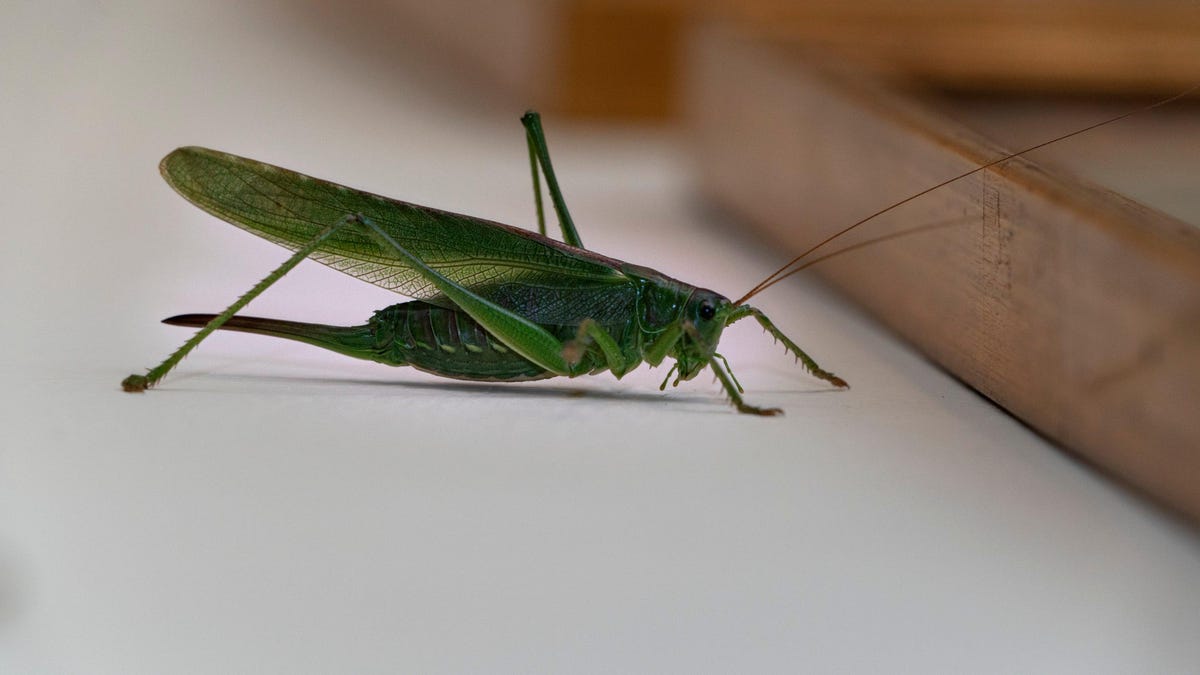The Difference Between Grasshoppers and Crickets (and How to Prevent Both From Invading Your Home... - 2 minutes read

Outside, the sound of grasshoppers and crickets chirping adds to the ambiance—especially in the summertime. But indoors, that noise can get annoying very quickly. Plus, while some people may not find grasshoppers and crickets as frightening as spiders, coming across one or more of these insects inside your home can be jarring.
But if you did find one in a closet, would you know whether it was a grasshopper or a cricket? Here’s how to tell the difference between the two insects, as well as how to prevent them from invading your home in the fall.
The difference between grasshoppers and crickets
Although grasshoppers and crickets look similar, they aren’t the same insect. They do, however, belong to the same order (Orthoptera). Here are some of their key differences, which should help you tell them apart:
Crickets usually have long antennae, while grasshoppers have short antennae
Grasshoppers have larger bodies than crickets
Most crickets come out at dusk, while grasshoppers are typically out during the day
Crickets make their distinctive chirping sound by rubbing their wings together; grasshoppers chirp by rubbing their hind legs against their wings
All grasshoppers have wings and most can fly; only some crickets have wings
Grasshoppers are mostly herbivores; crickets are omnivores
Crickets are usually brown or black; grasshoppers tend match the color of their surroundings, most commonly, bright green, like leaves
How to keep grasshoppers and crickets out of your home
Like some other types of insects, grasshoppers and crickets like to find somewhere warm to live as the weather cools down—and wouldn’t be opposed to moving into your home. And while both grasshoppers and crickets may opt to spend their winters indoors, crickets are more likely to be the ones invading your home.
Unlike grasshoppers—which are more interested in eating plants in your garden—crickets will gnaw through clothing, floorboards, and furniture, so you definitely don’t want them in your home. Your best bet is preventing them from entering in the first place, and the same techniques work for repelling grasshoppers and crickets. They include:
Installing weatherstripping or another material under doors or around windows with gaps in them
Repairing any holes in window or door screens
Sealing cracks or openings in the foundation of your home
Not storing firewood directly up against the house
Trimming tall weeds and grasses growing next to the house
Source: Lifehacker.com
Powered by NewsAPI.org